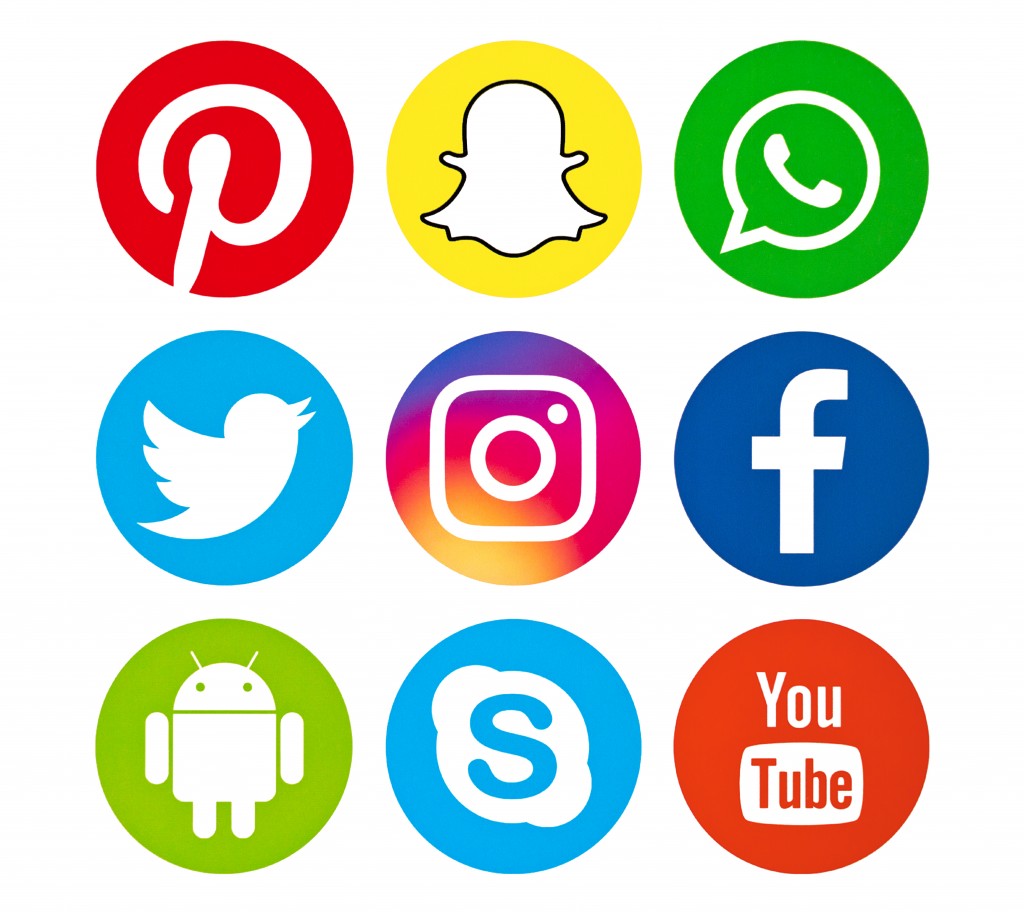From an early age, we all learn that appearances matter. People respond to you differently, depending on how you look. If they judge you based on inherent characteristics, that’s superficial. It reflects poorly on them.
But if you fail to do your part and put in the effort to groom properly and dress well? It’s hard to blame anyone but yourself if you fail to make a good impression. It’s not everything, but every last percentage point in your favor is worth something.
So we follow the office dress code and invest in a fancy outfit or two for special occasions. We take care of our bodies through exercise and use a complete teeth whitening kit along with good oral hygiene. These things really do help our self-esteem, relationships, and careers.
However, in the age of social media, the question emerges: is it really fair to be judged on the impressions you make in the virtual realm? Specifically, by prospective employers and future colleagues?
Presenting yourself
The idea that we go out of our way to impress others in specific situations, to the extent of behaving differently or even out of character, isn’t new. It was formally proposed by sociologist Erving Goffman in 1959 in the book The Presentation of Self in Everyday Life.
Goffman compared the individual’s behavior to that of a stage actor portraying multiple characters. Through the course of our daily interactions, we find ourselves in different situations, facing different audiences. We attempt to control aspects of those situations to present ourselves most favorably.
Using the stage analogy, we could attempt to enter or exit with maximum impact. We can control appearances, certainly. But we also try to put on different masks depending on the person we are trying to impress.
One interaction might entail presenting yourself as a confident, capable, experienced leader, while another would find you stressing your work ethic and team-first mentality. They don’t necessarily have to conflict, but that can happen at times.
Goffman’s work is famous and influential, but even people who’ve never studied sociology or heard of him will find it hard to disagree. We practically expect such behavior when it comes to our careers. We plan how we’ll approach our resume-building, respond in interviews, or behave in boardroom meetings, to craft the desired presentation of ourselves.

A new medium
The frontier of social media is new and certainly antedates Goffman’s work. But the same principles he described extend naturally to the virtual medium.
The key difference, however, is that Goffman focused entirely on real-time situations. He described our behavior as though it were part of a performance. We put on masks and act out our roles for the benefit of people who are in the same place, at the same time.
On the other hand, those ‘performances’ on social media are recorded, modified, curated, and taken out of context using tools native to such platforms or external apps. They may even be viewed by audiences who have no actual connection to the performer.
This way, social media enables the presentation of self to take place by the creation of asynchronous artifacts. Like a historical exhibit, what you see of a person on social media has been curated for intentional display, and a specific narrative is being told through those artifacts.
Taking ownership
Many people criticize social media for enabling users to present a fake version of themselves. But such behavior predates the Internet itself by decades.
We can cry foul if an employer, current or prospective, starts digging up information from our social media profiles. But such activities are poorly regulated. And it’s not likely that we’ll ever have effective means to curtail them from that end.
What we can do, however, is start exercising our agency in the matter. Recognize that the presentation of self on social media is just a natural extension of behaviors we’re already doing in our in-person, supposedly more authentic, interactions. If anything, people are often guilty of letting their guard down on social media and saying things they’ll regret or posting content that might be viewed out of context.
Take ownership of the information and overall image you’re presenting on social media. Start curating what’s already out there in light of your career and the impression you want to make on future employers, colleagues, and collaborators. Diversify your presence and create a virtual mask for career purposes so that professional contacts won’t have any reason to probe deeper.
This new frontier for self-presentation isn’t going away. Learn to live with it and manage how you use it, and it can actually help your career moving forward.

